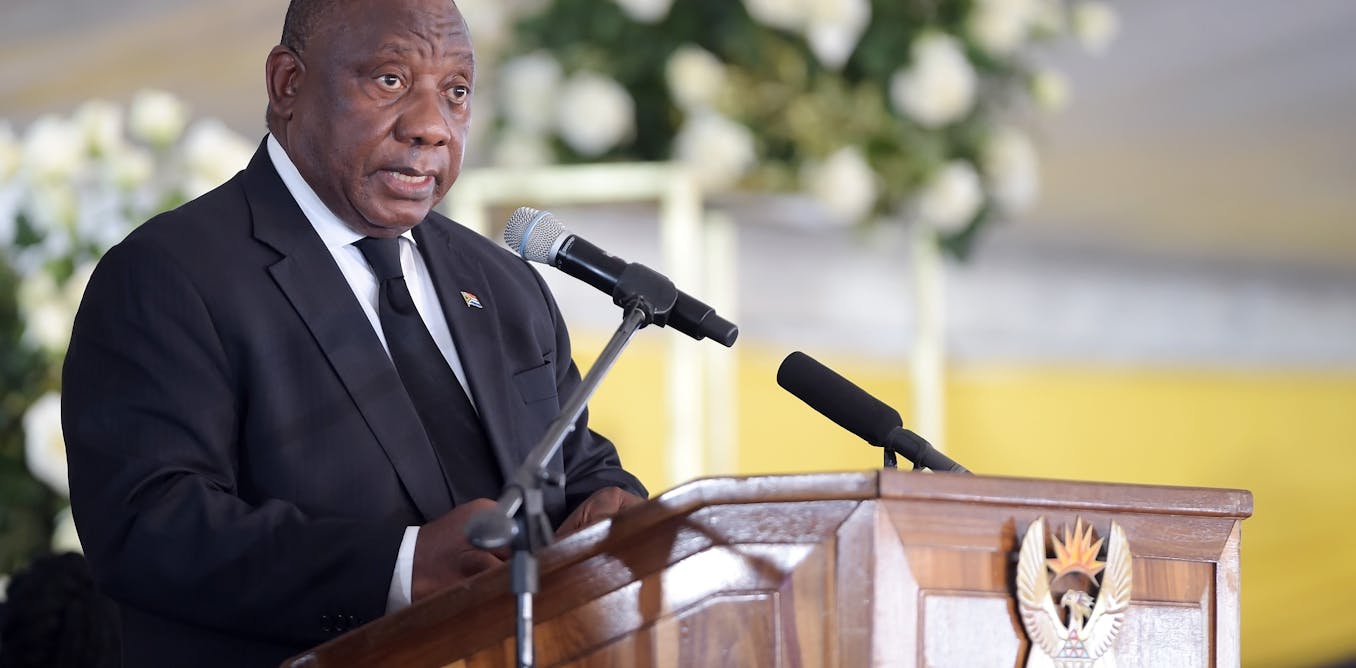
How to impeach a president: Ramaphosa case puts new rules to the test in South Africa
The new process of impeachment requires an objective test to be met.
THURSDAY, 05 MARCH 2026, 16:45

The new process of impeachment requires an objective test to be met.
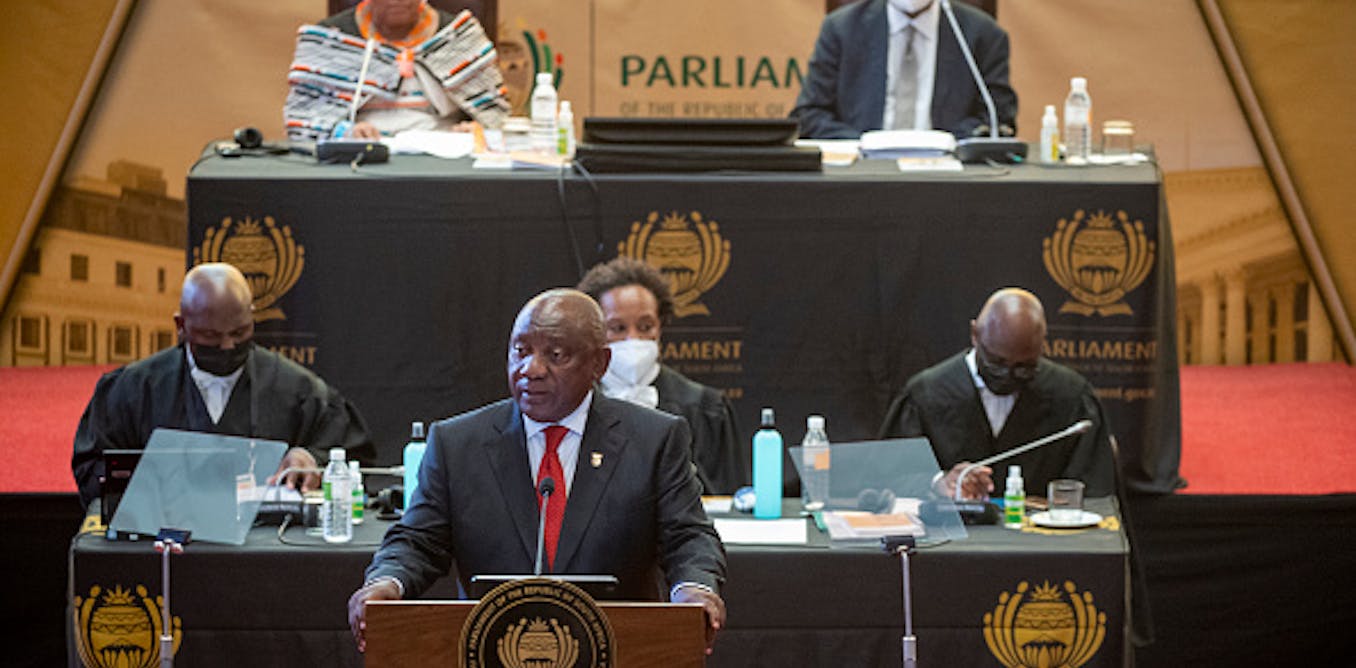
Stable coalitions will depend on strong democratic values being embedded among political elites.
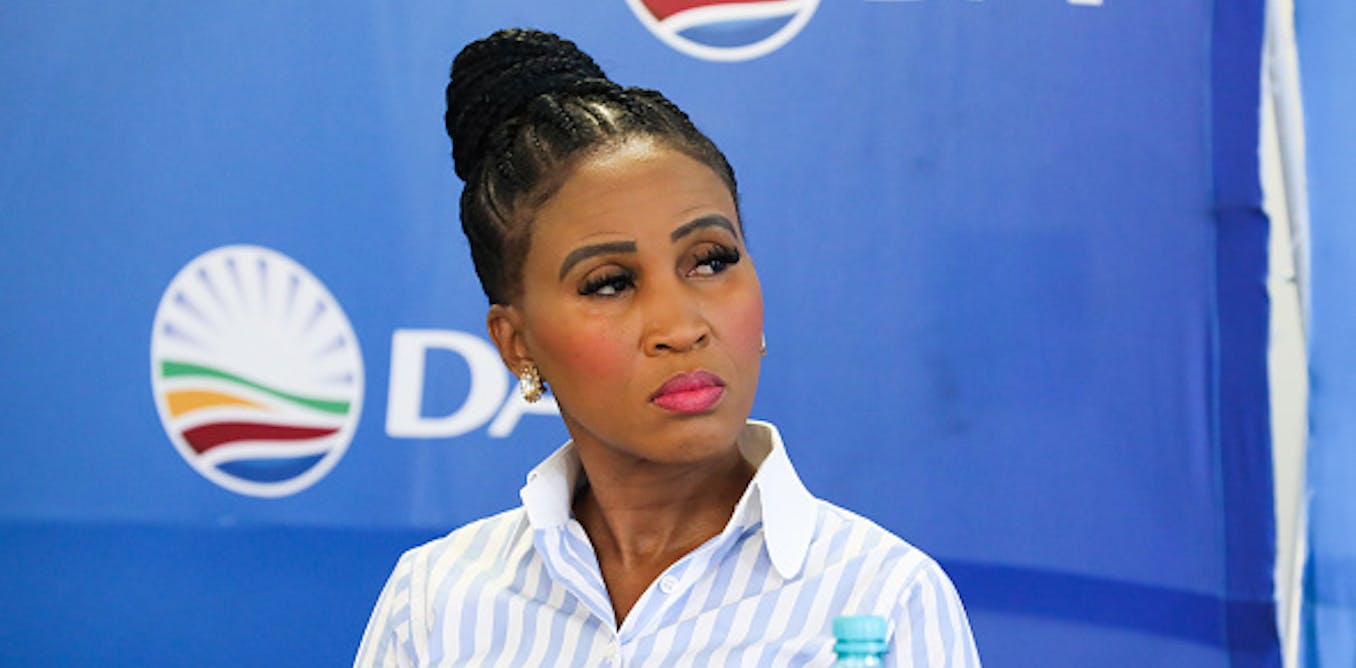
In South Africa coalitions are weaponised as extensions of elections.
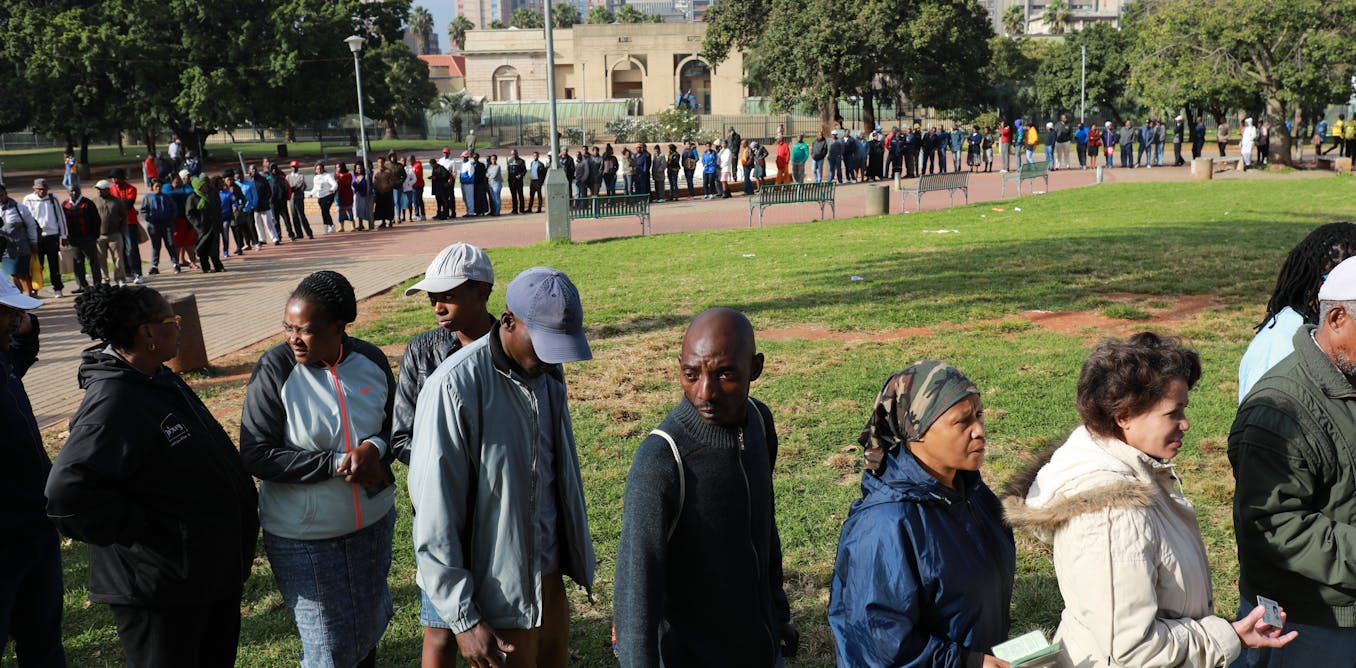
Referenda may well have a place in the country’s democracy, but if the form of an electoral system can be referred to a referendum, why not capital punishment, abortion or LGBT rights?
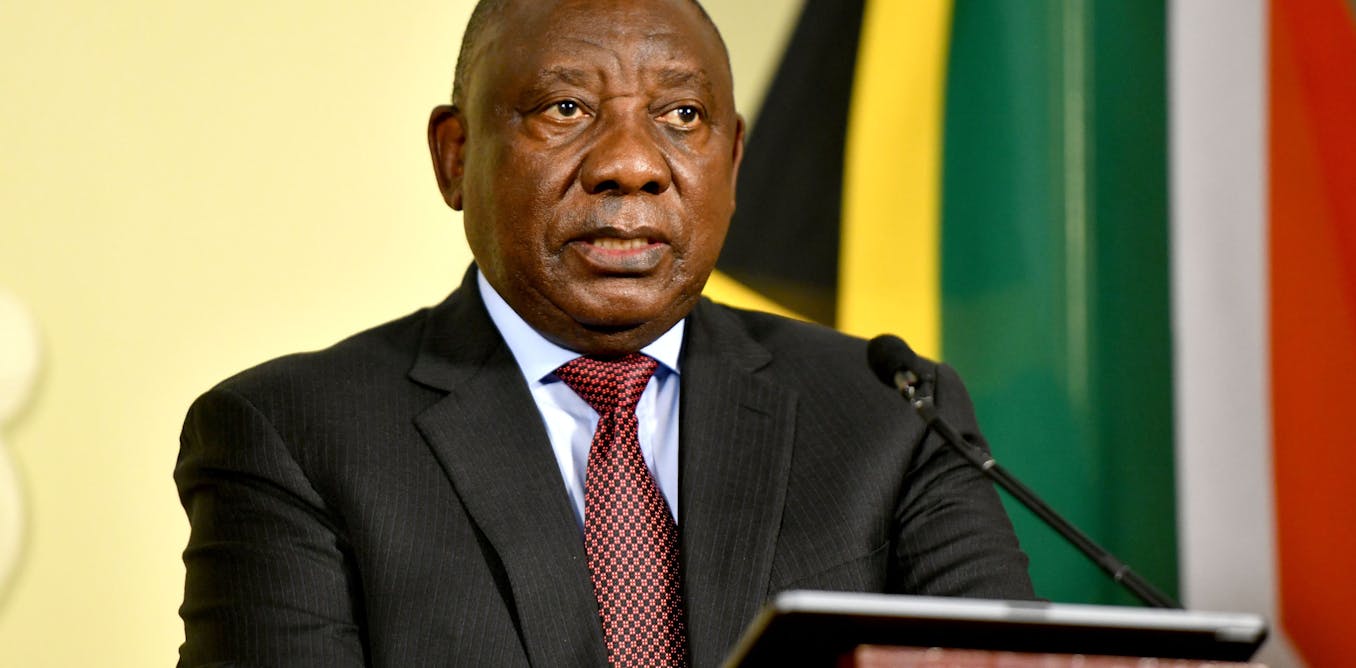
The ANC has been using multiple tactics to fend off the looming calamity of not having Ramaphosa as its president, and that of the country, in the clear absence of a credible candidate to replace him.
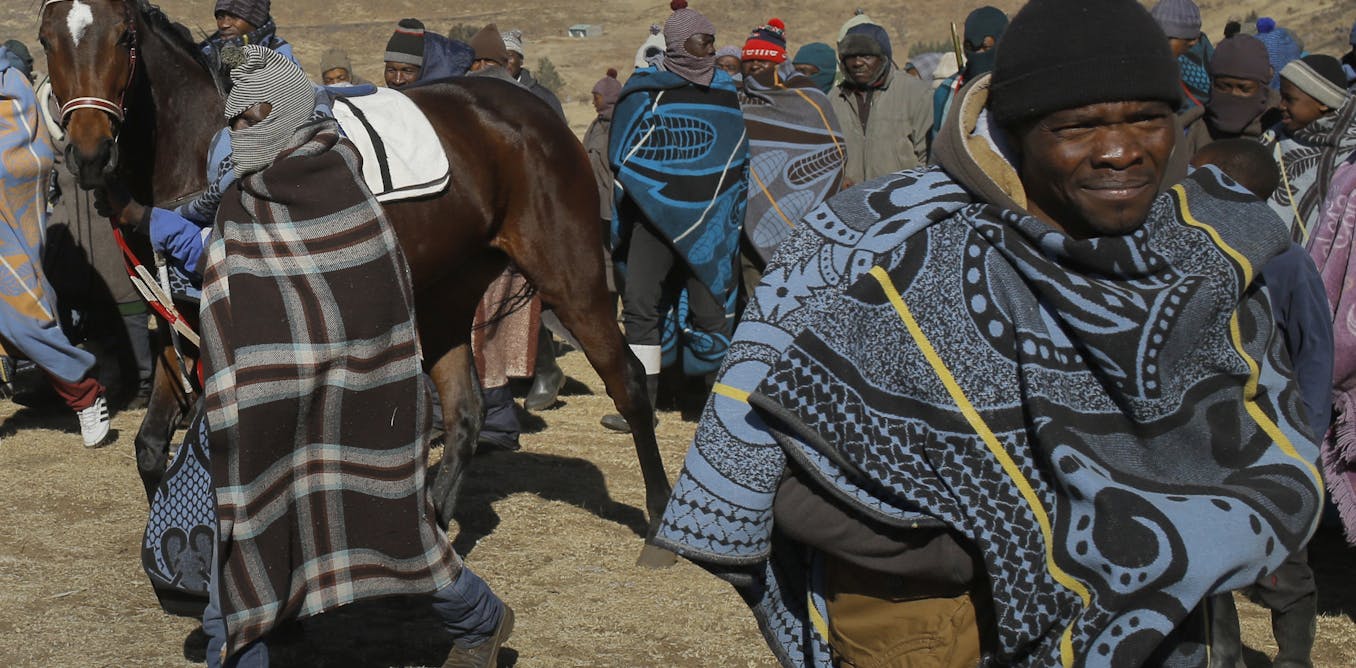
Lesotho has done a good job of curbing the powers of its monarch and making its electoral system inclusive.
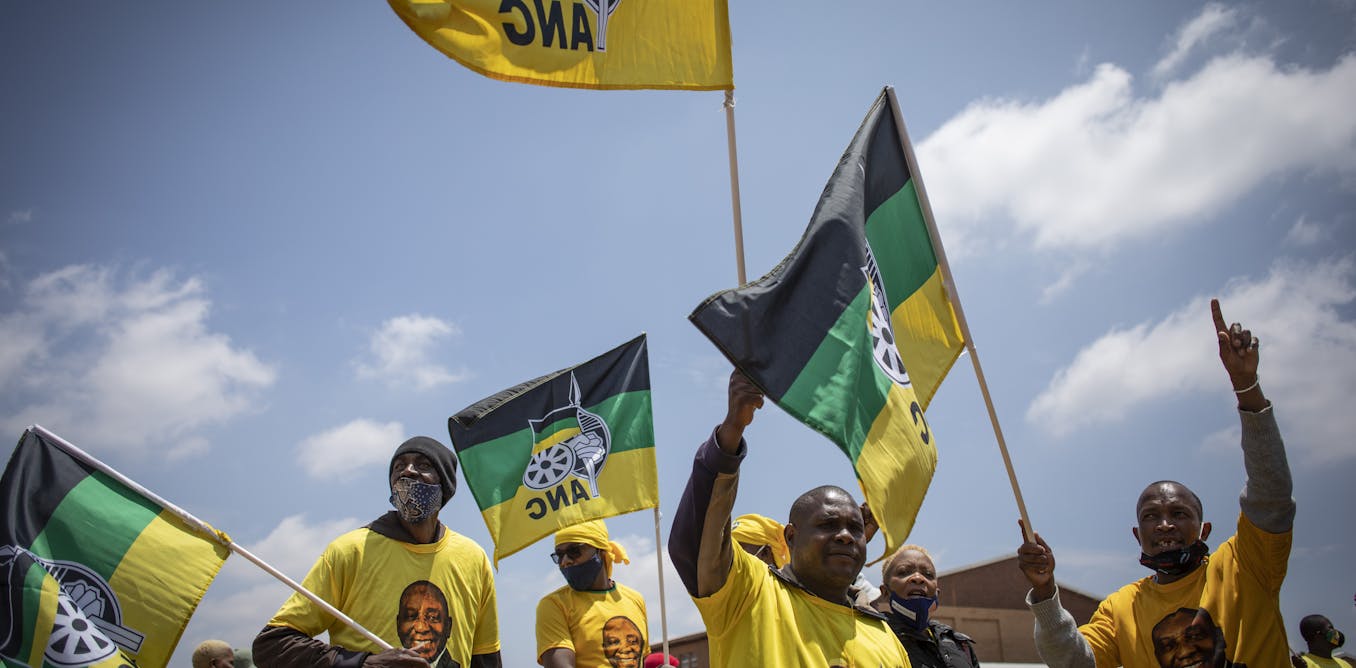
Any ruling party in South Africa has found it hard to maintain internal coherence and unity over an extended time span amid wide national diversity.
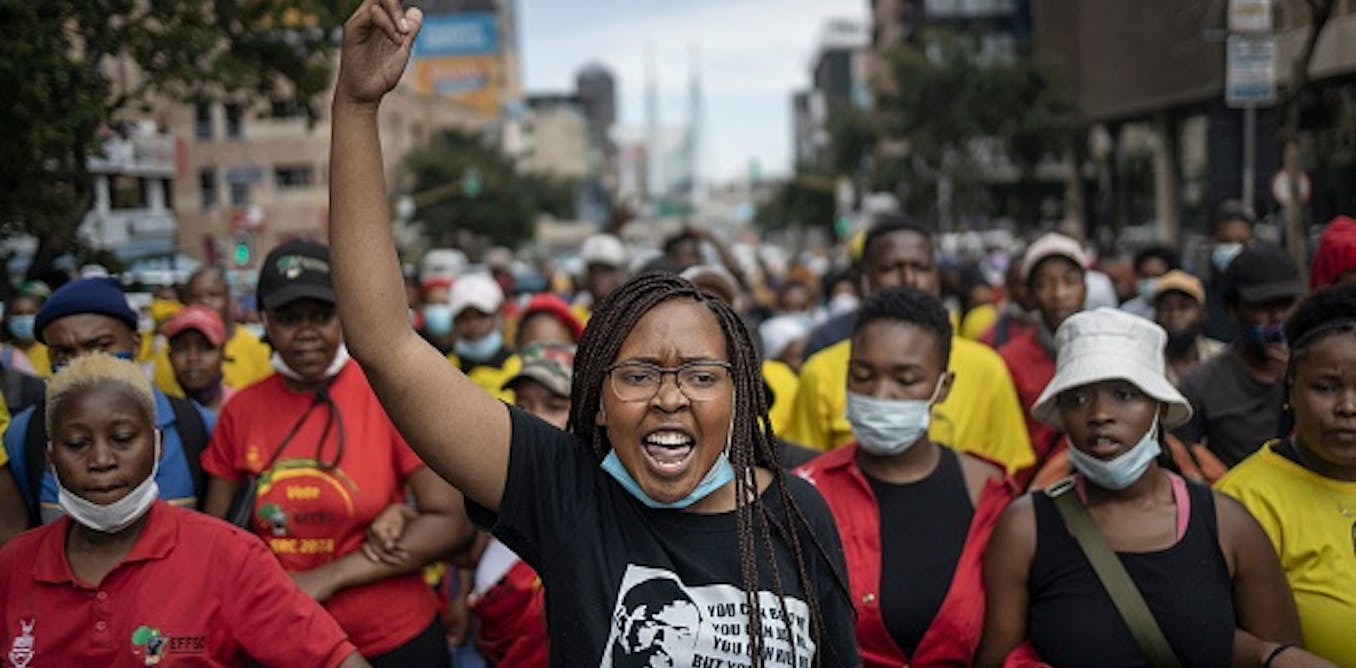
South Africans are increasingly dissatisfied with democracy because of its failure to address inequality.
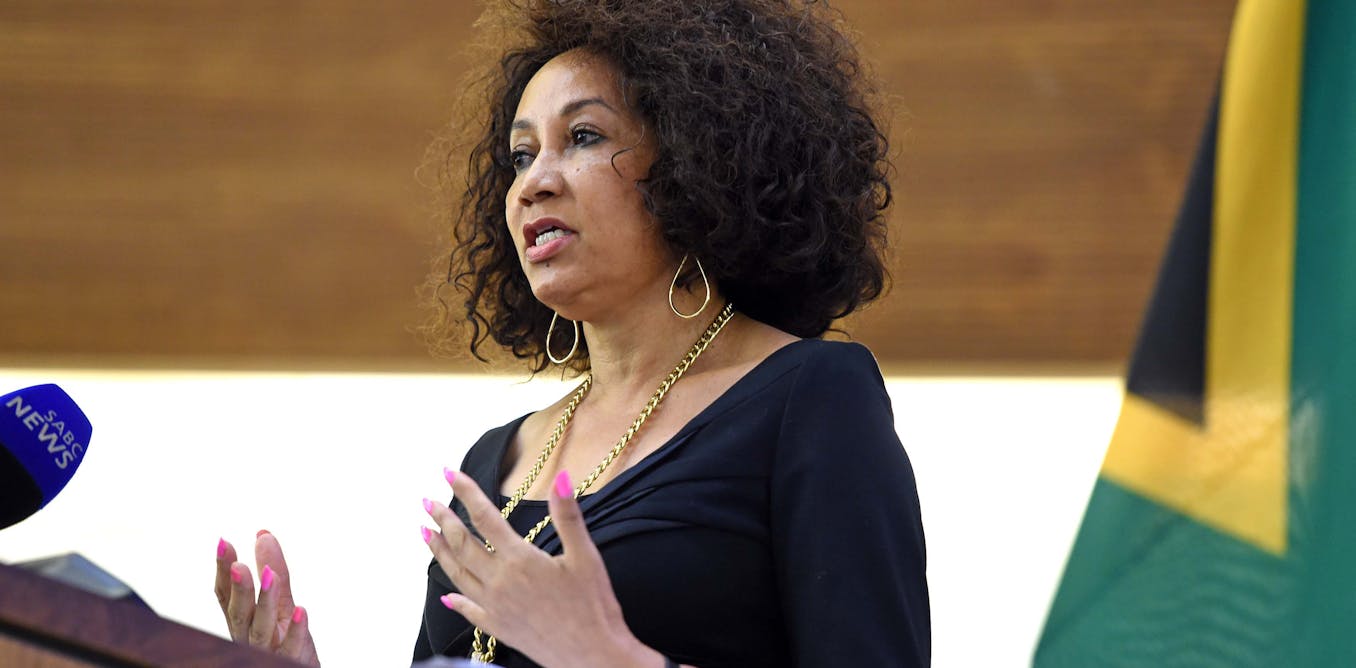
The politically ambitious Sisulu’s most recent campaigning grenade came in her cynical attack on the country’s constitution and judiciary.
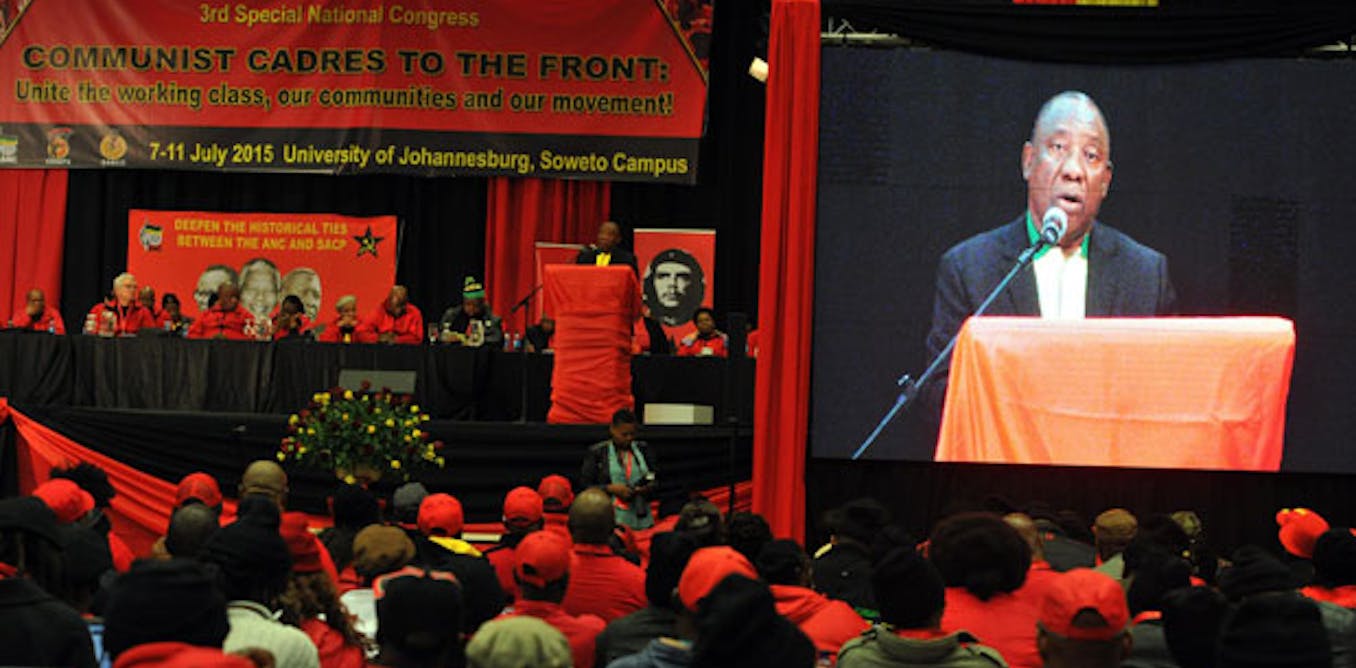
The resort to armed struggle brought the Communist Party and the African National Congress much closer together during their time in exile.
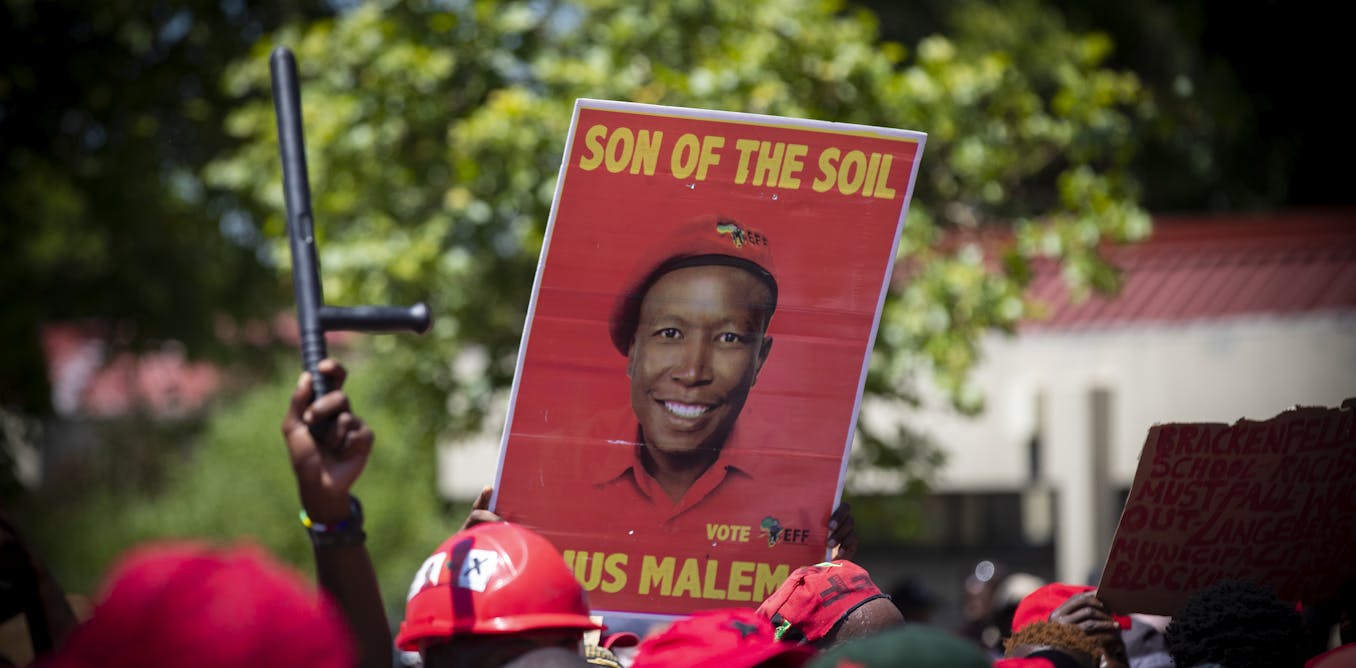
The 2021 election will define for citizens important aspects of South Africa’s political future. What is the governing ANC’s future, and what was the impact of President Ramaphosa on this election?
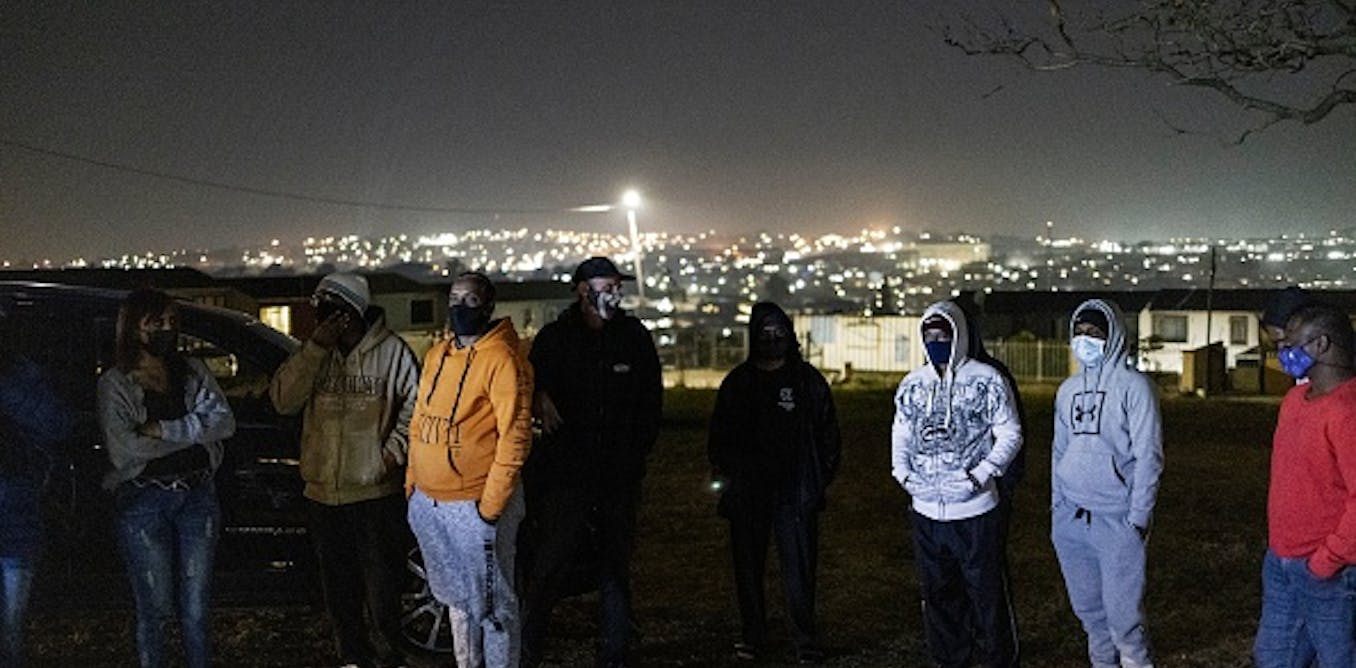
The Democratic Alliance posters were not a bolt from the blue. They were consistent with messages the party’s current leadership has been sending out for some time.
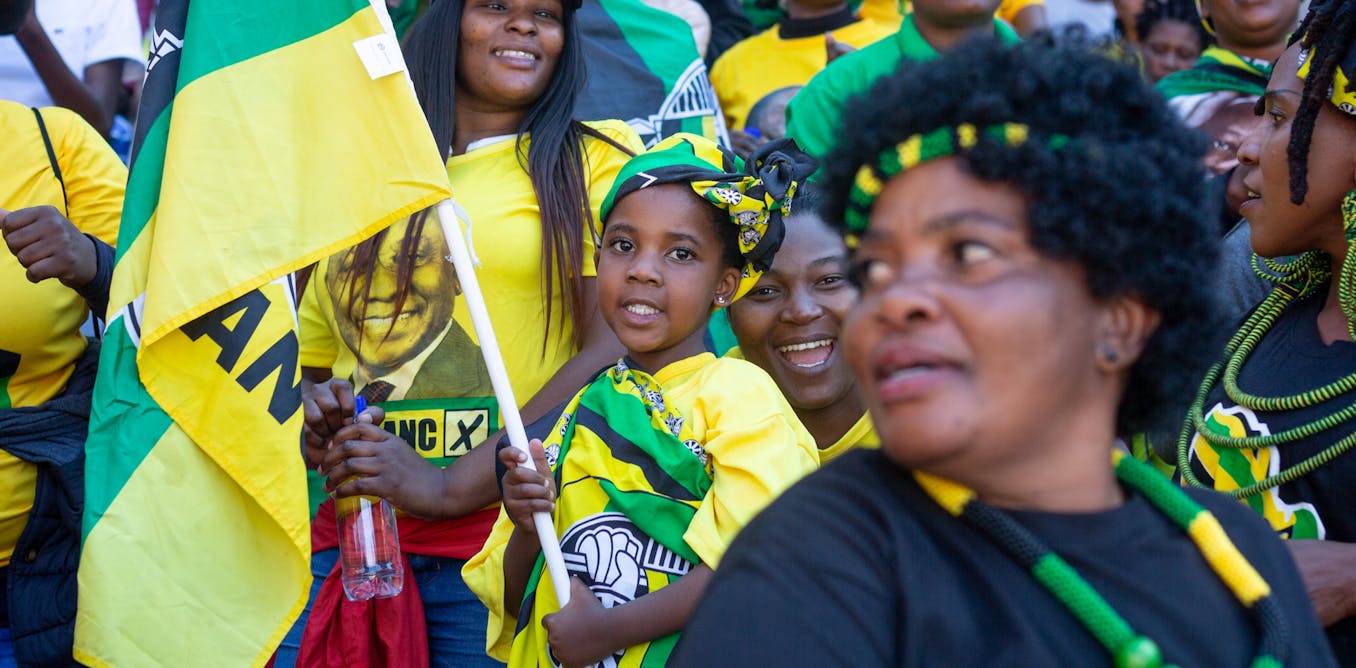
Exactly when the ANC’s reign will end rides on what the party does or does not do between now and its elective conference in 2022.
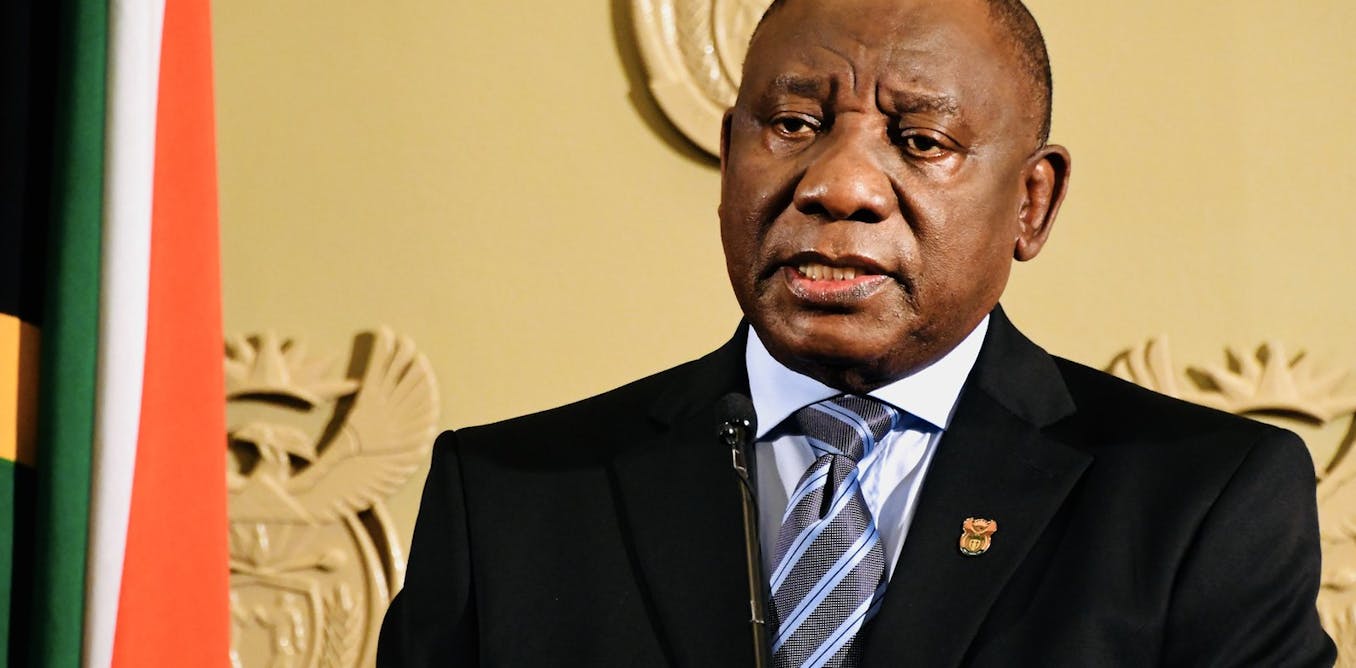
Cabinet reshuffles are always much less important events than the hype which surrounds them would suggest.
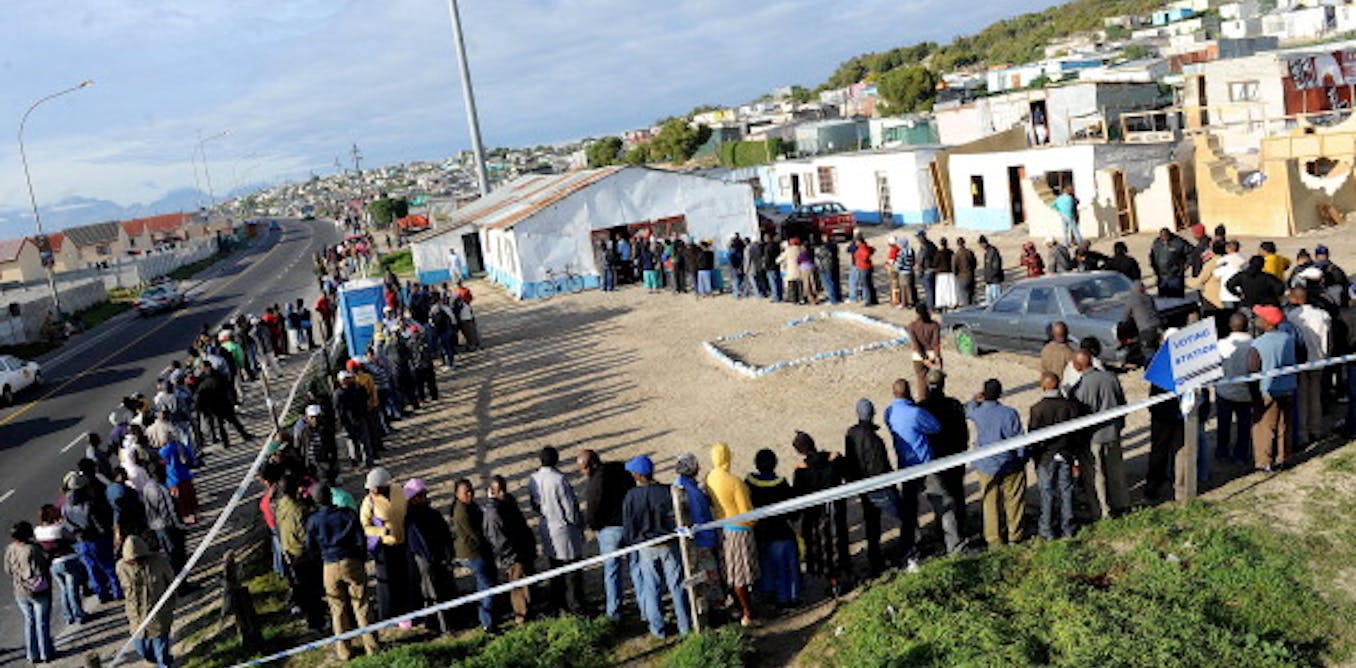
Concerns about socioeconomic well-being were the main reason why people voted for a certain political party.
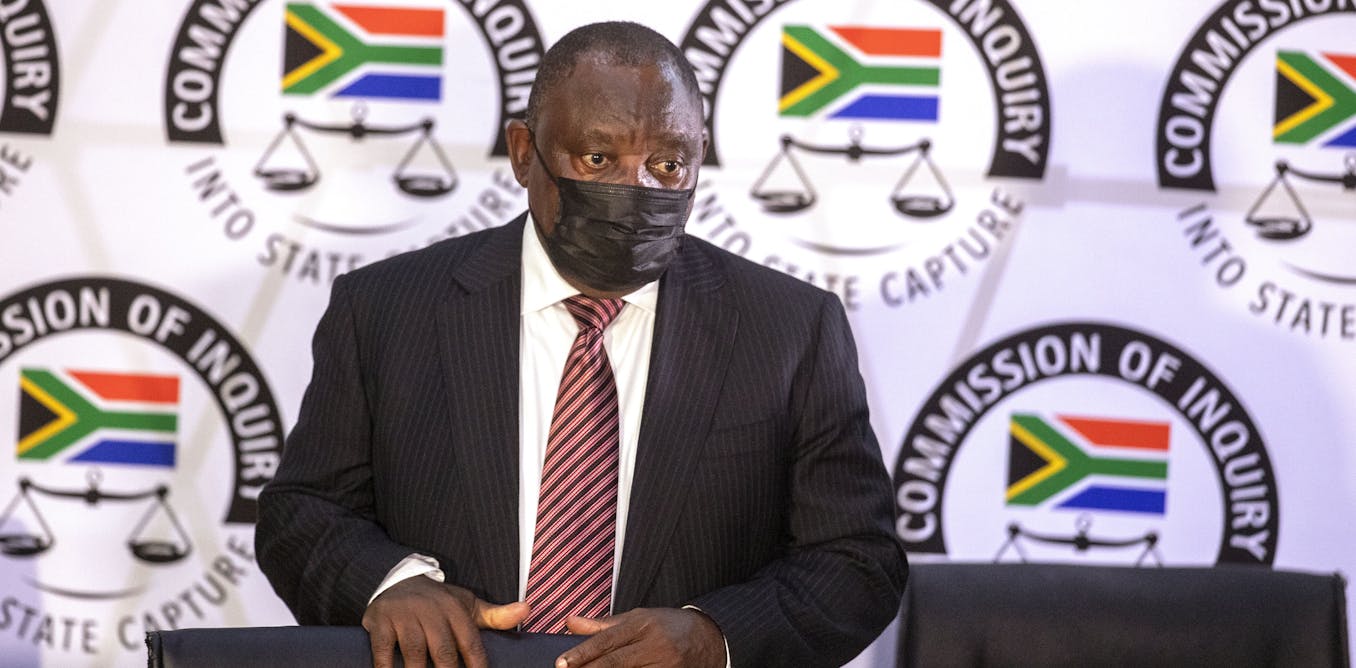
Unlike most politicians but typical of a negotiator, South Africa’s president has not put his plans on the table for public scrutiny.
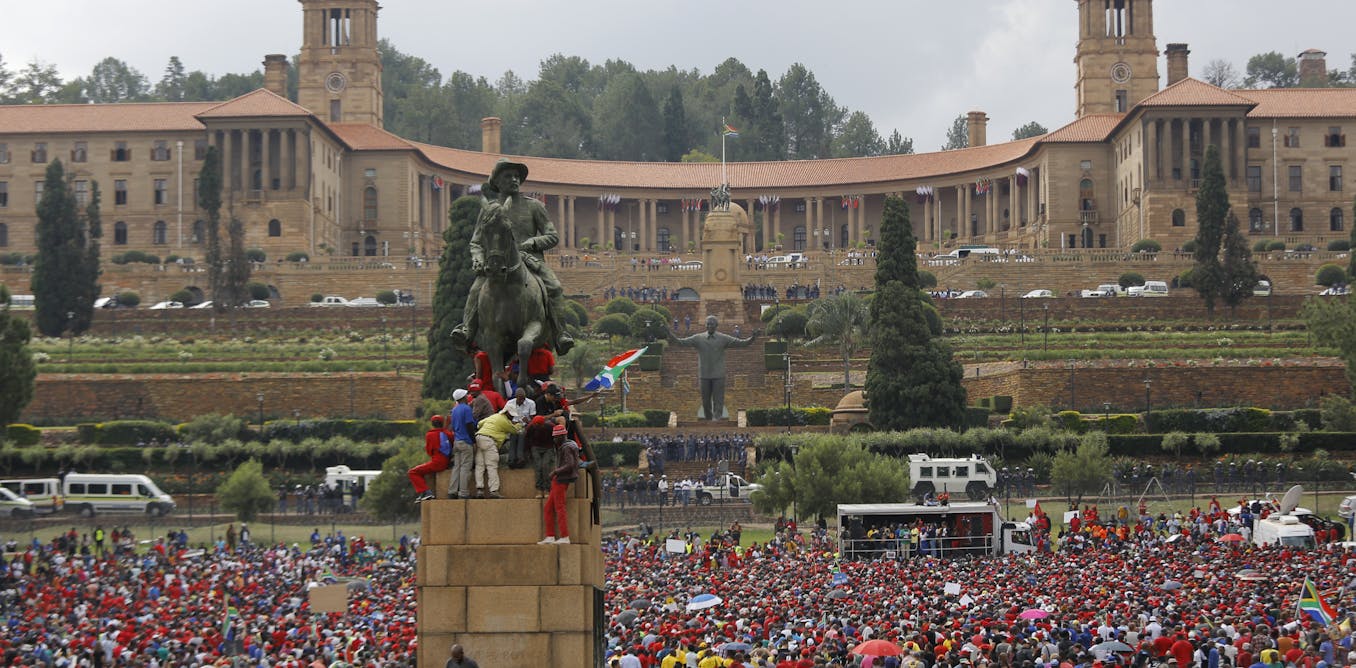
To build a political culture that supports democracy in South Africa, civic education needs to move beyond voter education.
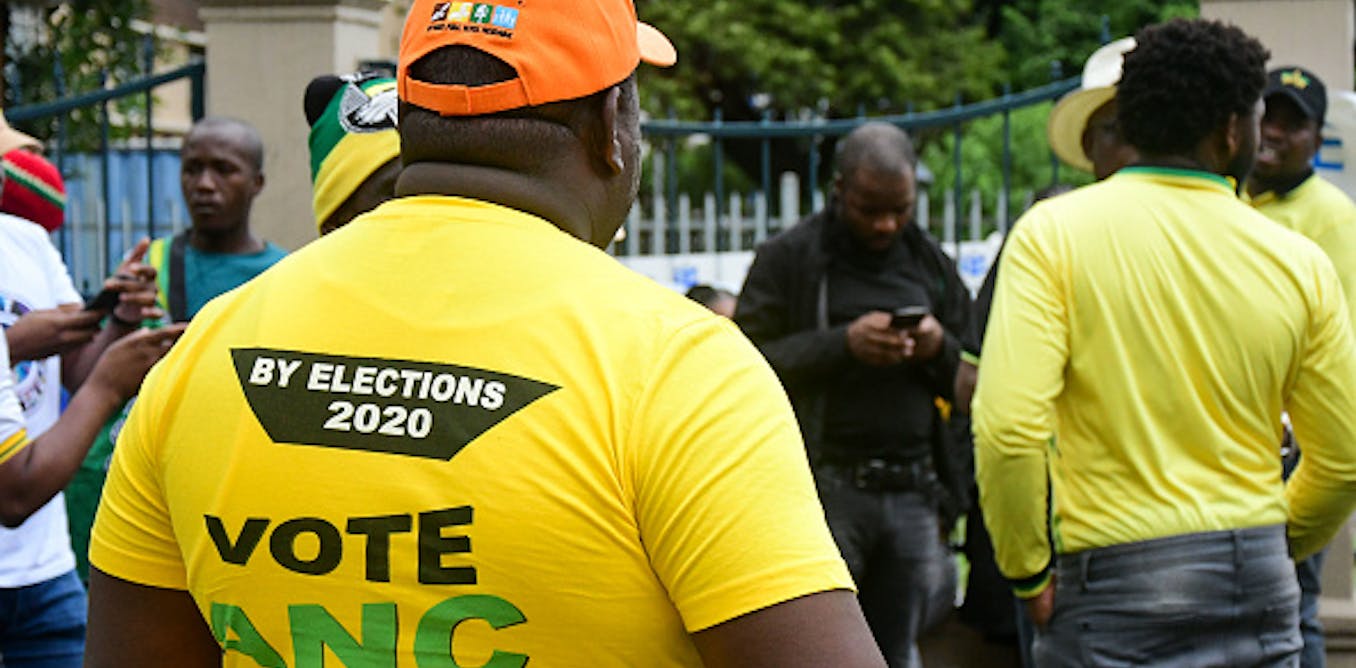
The existing electoral system has attracted extensive criticism for rendering elected representatives unaccountable to those who elected them.
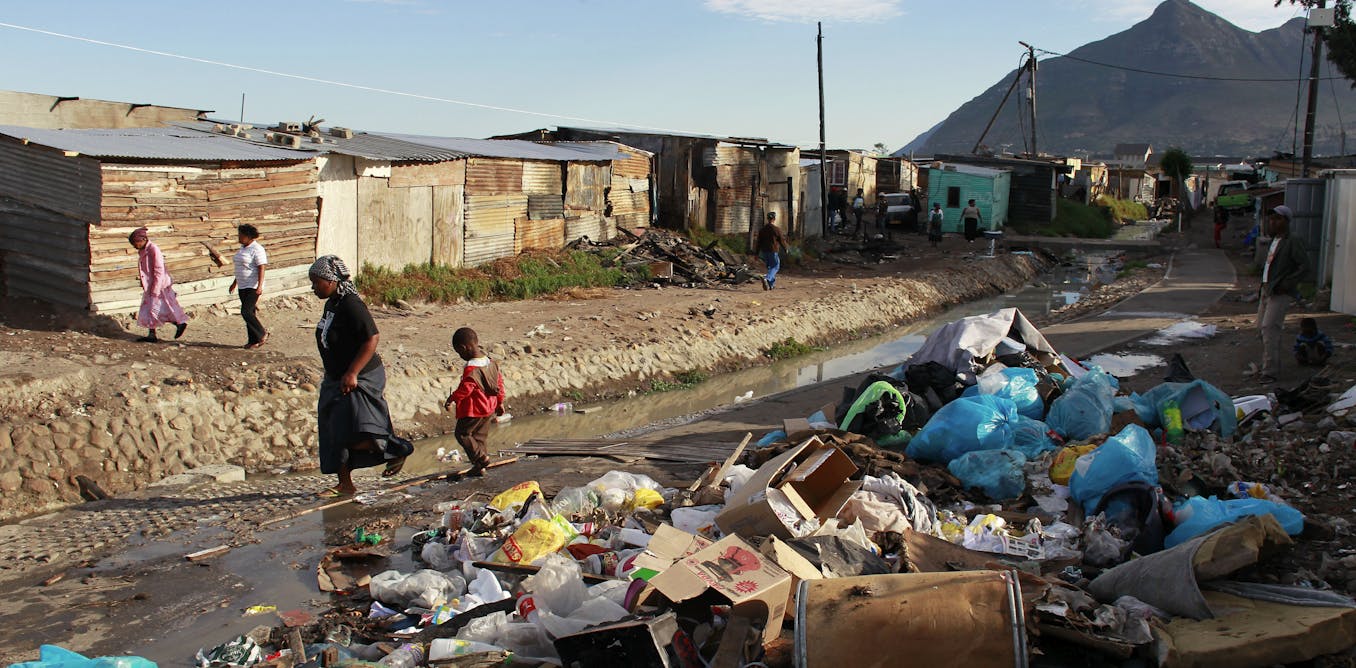
There has been growing discontent with many local authorities and calls by concerned citizens for the municipalities to be dissolved.
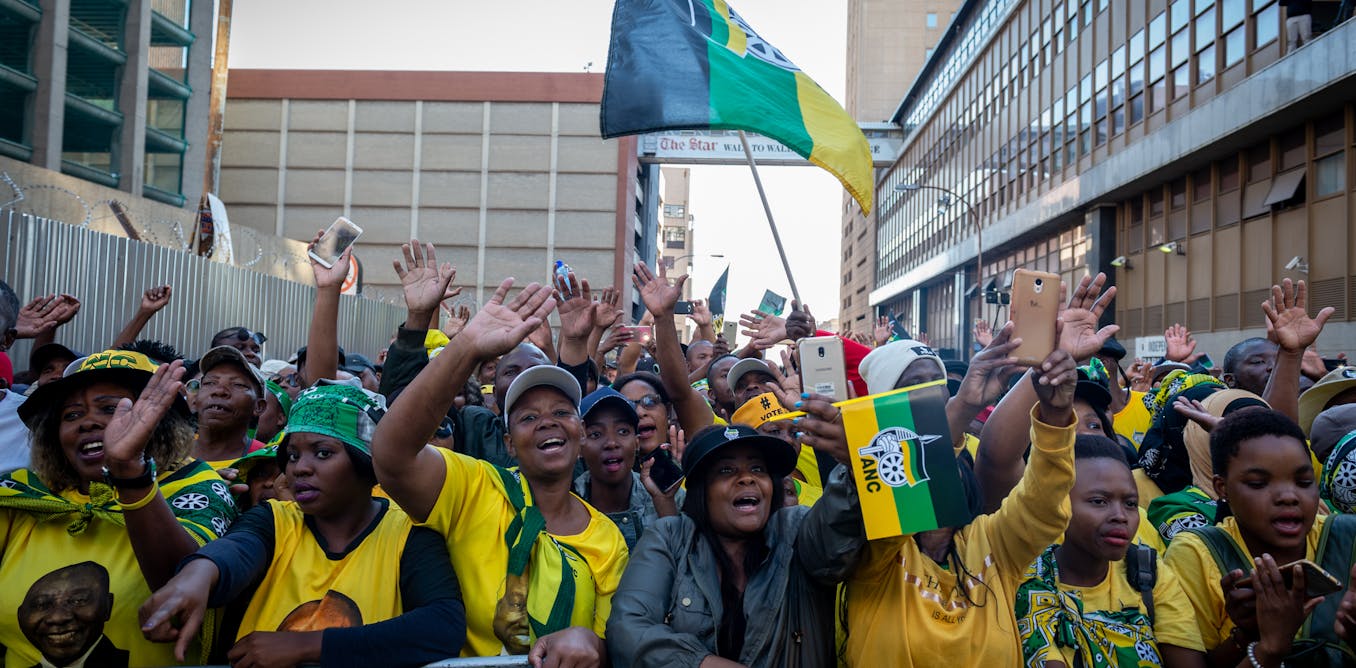
The trouble is that the ANC’s branch structure, designed initially as a means of grassroots democracy at work, is in a mess.
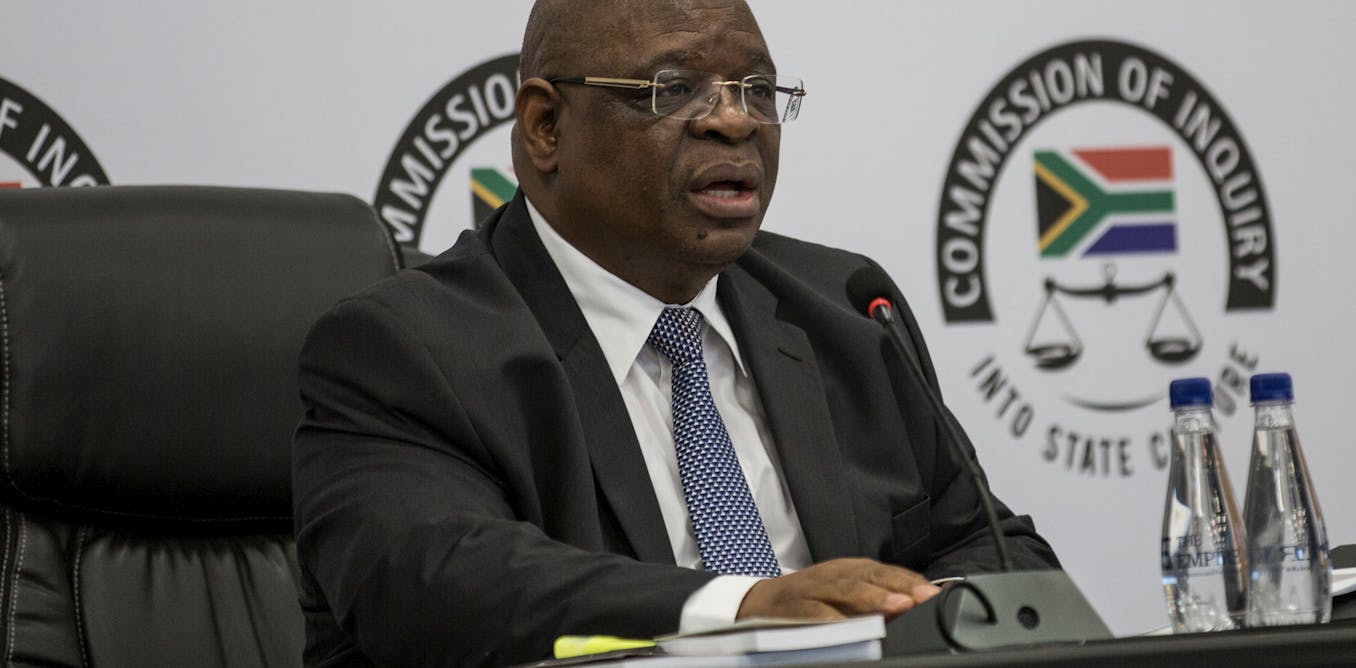
Justice Raymond Zondo found that the test for recusal had not been met.